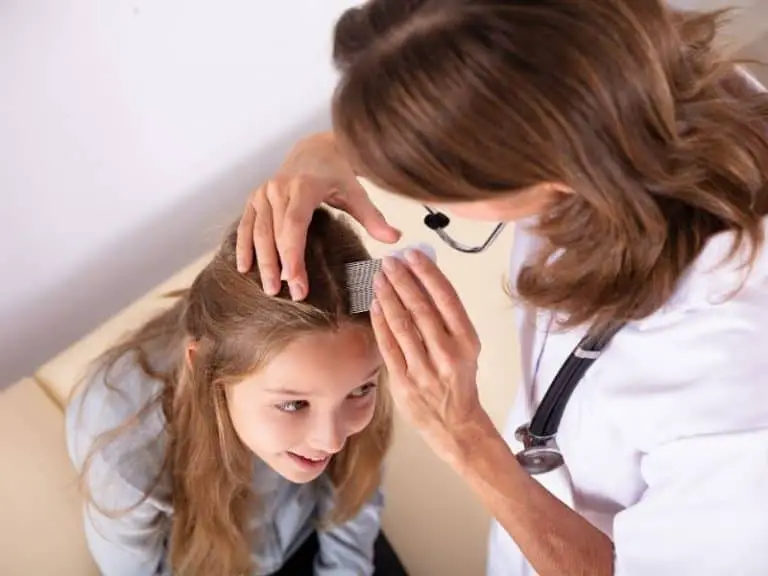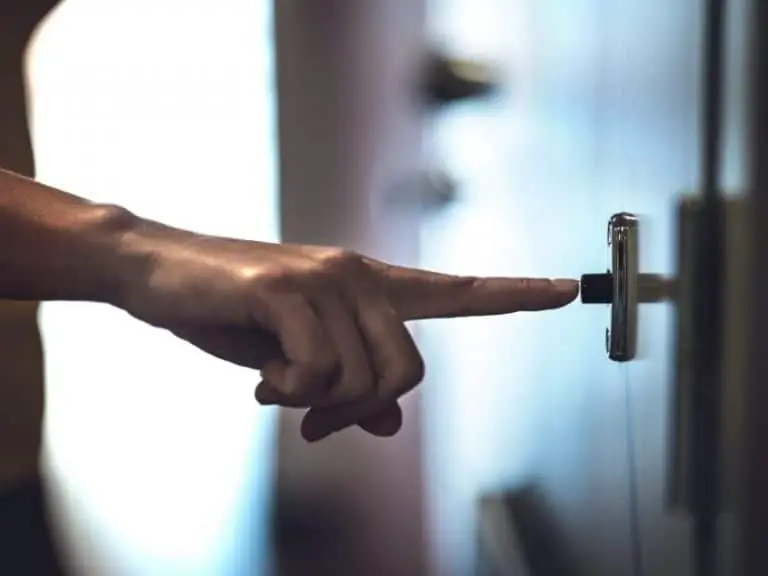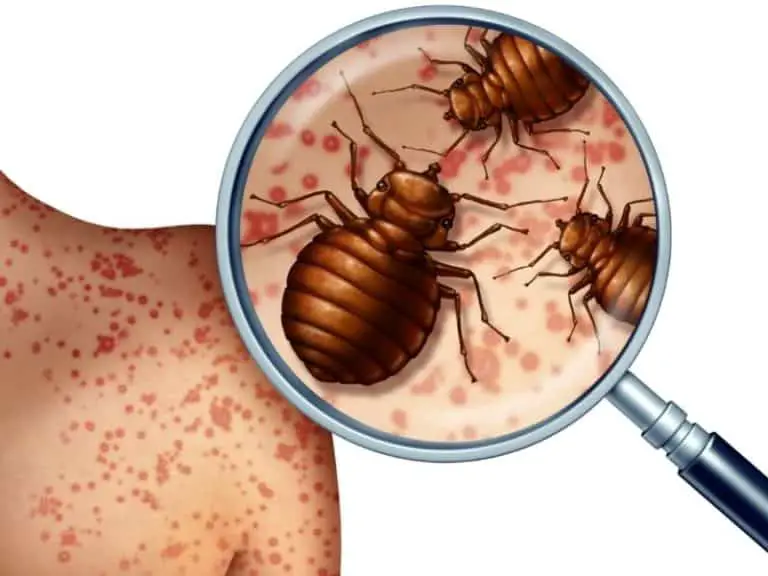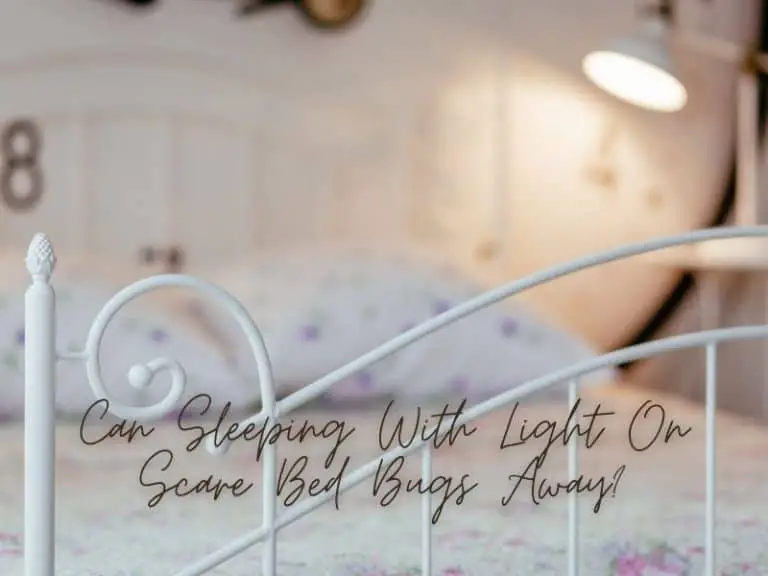This Is Why Bed Bug Bites Can Show Up Weeks After Incident
There are many possible telltale signs that you might be sharing the bedroom with some bed bugs. Having itchy red spots on exposed areas of the body, usually upon waking up in the morning, is one of them. But, believe it or not, the bed bug bites that you are seeing could be due to bites many made days ago.
Bed bug bites can show up anywhere from two days to two weeks from the time the bite was made. It depends on the person’s immune system reactivity and level of sensitivity to bed bug bites. Some may notice bed bug bites in just a couple of hours, and a few even develop no reaction to bed bug bites.
Since bed bug bites may not show up right away, you may have a hard time figuring out when you were bitten by bed bugs or when the bed bug infestation started.
Similarly, it can keep you from knowing if the bed bug treatment, whether through DIY solutions or with the help of the industry experts, has worked.
Whether you are amazed or terrified of the fact that bed bug bites can show up weeks after, read on. Below you will come across a few more facts on this matter.
Pro-tip: Exposing bed bugs to high temperatures (over 120°F) kills them in a matter of minutes. If you want to get rid of bed bugs without calling an exterminator check the best steam cleaners that produce over 300°F on Amazon now.
The Real Science Behind Bed Bug Bites
Believe it or not, the signs and symptoms of bed bug bites are not caused by bed bugs themselves. Yes, those blood-sucking creatures are the ones responsible for the bite.
But the redness and itchiness that happen after being bitten by bed bugs are caused by something else — and the truth may leave you shocked.
It’s none other than your immune system! The very same thing that is protecting you from invading bacteria and viruses to keep you from ending up sick is the one that’s behind those raised red spots that tend to itch like there’s no tomorrow. But it doesn’t mean that your immune system is going haywire.
Here’s a fact: bed bug bites are raised, red, and itchy because your immune system is just trying to defend you.
When a bed bug bites you, its saliva grabs the attention of your immune system. Your immune system springs into action by sending immune cells to the problem area to contain the bed bug saliva immediately.
Unfortunately, it’s this process of trying to keep you out of harm’s way that is causing red spots to appear and leaving you wanting to scratch.
The immune systems of different people react to threats, such as bed bug saliva, at different rates. This is why some develop the signs and symptoms of bed bug bites faster than the rest.
Different Factors That Affect Reaction Time
If you think that sharing a bed that’s infested with bed bugs with someone will surely cause the two of you to wake up the following morning having itchy bed bug bites, better think again. There is a possibility for you to have bed bug bites all over while the other person to have absolutely none.
Again, it can be blamed on the immune system.
A person who develops signs and symptoms a few hours after getting a bed bug bite may have a very reactive immune system — his or her immune system detects bed bug saliva quickly, immediately sending immune cells to the bite area and causing it to swell, redden, and itch.
Here’s a general rule of thumb when it comes to how quickly you will develop bed bug bites: the faster your immune system is, the sooner that you will notice the signs and symptoms of bed bug bites.
So, if you have bed bug bites and the person you shared the bed with has none, you may have a more active immune system.
It’s for this reason exactly why older people and children tend to have a delayed or very mild reaction to a bed bug bite. A senior citizen’s immune system is no longer as strong as before, and a kid’s immune system is yet to develop fully.
Someone who is taking immune-suppressing medications may have a delayed or mild reaction, too.
Sensitivity to a Bite is Also a Factor
There are instances where it’s not the immune system that is causing a speedy or delayed (or severe or mild) reaction to a bed bug bite. Sometimes, your skin may just be extremely sensitive to it.
If such is the case, you may develop the signs and symptoms of bed bug bites within hours after being bitten.
Just like what was mentioned earlier, bed bug bites can show up anywhere from two days to two weeks. Encountering them as soon as you’re bitten means either you have a really reactive immune system or sensitive skin.
On the other hand, seeing bed bug bites weeks after means either you have a slow immune system, or you tolerate them well.
Some people may not have any bed bug bites even if they are sleeping in beds that are infested with those creepy crawlers. Well, chances are that their immune systems do not perceive the saliva of bed bugs threatening, or they simply have skin that’s very tolerant to bed bug bites.
Either way, one thing remains true: upon being bitten by a bed bug, you may not feel anything at all, and it’s for a couple of reasons.
First, bed bugs tend to feast on human blood while their hosts are fast asleep.
Second, the saliva of bed bugs has a mild anesthetic agent that prevents their hosts from experiencing pain and waking up.
Dealing With Bed Bug Bites at Home
The good news is that bed bugs are not known to spread diseases with their bites. It doesn’t mean, however, that being bitten by them is perfectly fine.
The signs and symptoms, as well as the thought of your blood being consumed by creatures that come out in the night, can cause stress, anxiety, and sleeplessness.
Whatever you do, don’t scratch those bed bug bites. It takes anywhere from a couple of days to a few weeks before bed bug bites completely go away, depending on how quickly your body can heal itself. But if you scratch those bed bug bites, you may break your skin and wind up with an infection.
You don’t want for your bed bug bites to be infected because it may take them longer to heal. What’s more, they may leave nasty scars that will remind you of the bed bug infestation for life.
On the other hand, if you avoid scratching, it is very likely that those bed bug bites will go away without leaving any physical trace at all.
Here are some alternatives to scratching to attain relief from bed bug bites:
- Cold water. You can soak a cotton ball in cold water and dab it on bed bug bites. Or you may wrap an ice cube in a clean piece of cloth instead — never apply an ice cube directly on your skin!
- Toothpaste. Aside from keeping cavities away, toothpaste can also help relieve itchiness. All you have to do is apply a little toothpaste to bed bug bites, and leave in place until dry.
- Lemon juice. Thanks to the vitamin C content of lemon juice, it can speed up the healing process of bed bug bites. For best results, use freshly squeezed lemon juice.
- Aloe vera gel. Do you have aloe vera plants in your garden? Then you may use the gel in their leaves as a home remedy for bed bug bites. Aloe vera juice that’s 100% pure may be used, too!
- Baking soda. Adding a few drops of water to a little baking soda creates a paste that you may apply on those red bumps to keep them from feeling itchy and you from scratching.
Just Before You Count Your Bed Bug Bites
Bed bug bites that you see right now may be due to bites made by bed bugs last night, two nights ago, or last week.
The signs and symptoms of bed bug bites may appear quickly or after some time, depending on how your body reacts to them.
Regardless of the case, it’s important that you deal with a bed bug infestation without delay, either via the DIY approach or with the help of professional bed bug exterminators.
Medical Disclaimer: TheHomePestControl is a digital publisher and does not offer personal health or medical advice. The contents of this website are not intended to substitute for professional medical advice, diagnosis, or treatment.
Affiliate Disclaimer: As an Amazon Associate, I earn from qualifying purchases made on our website. If you make a purchase through links from this website, I may earn a commission at no additional cost to you.






